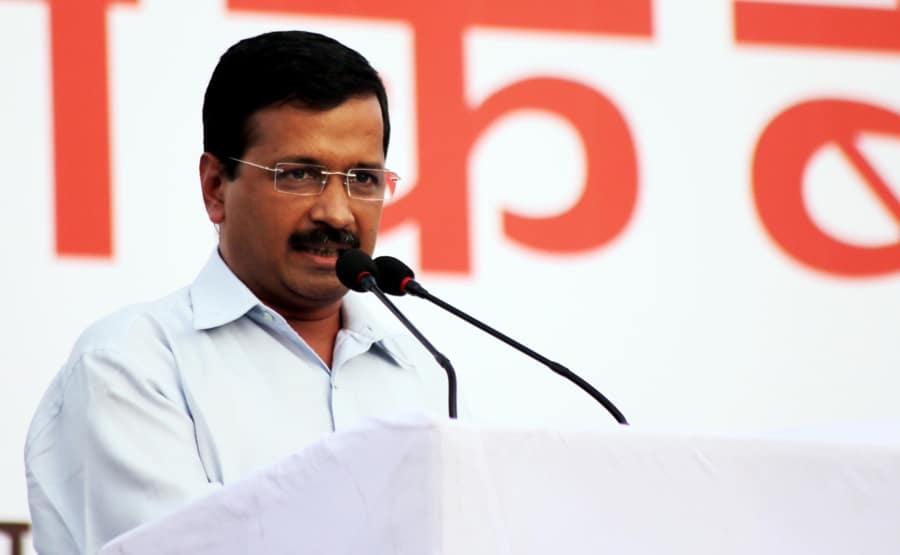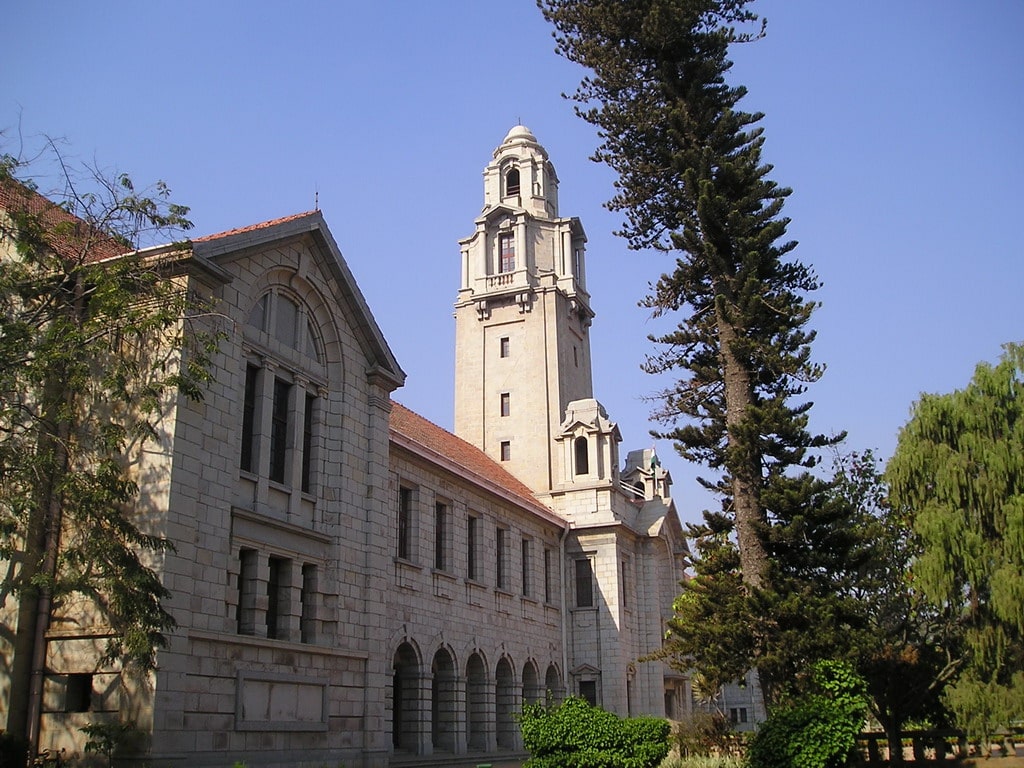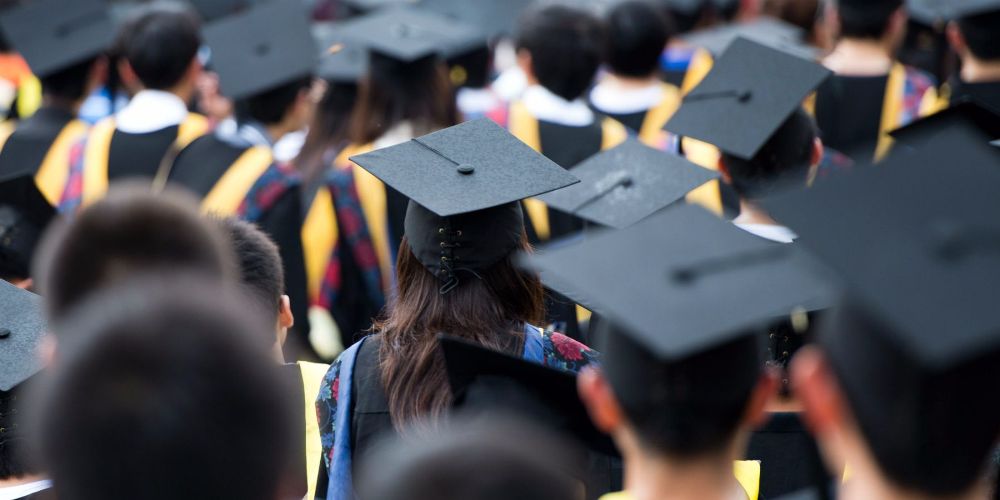 Madhya Pradesh’s Directorate of Technical Education is providing quality education with judicious allocation of available resources to the technical institutions to contribute to the economic well-being and quality of life of communities it serves, shares Dr Veerendra Kumar, Director, Directorate of Technical Education (DTE), Madhya Pradesh, in conversation with Divakar Mukherjee of Elets News Network (ENN).
Madhya Pradesh’s Directorate of Technical Education is providing quality education with judicious allocation of available resources to the technical institutions to contribute to the economic well-being and quality of life of communities it serves, shares Dr Veerendra Kumar, Director, Directorate of Technical Education (DTE), Madhya Pradesh, in conversation with Divakar Mukherjee of Elets News Network (ENN).
Give us an overview of MP Technical Education Department
The Directorate of Technical Education (DTE), Government of Madhya Pradesh, is a nodal body for implementing technical education policies of State and Central Government, and acts as a coordinating agency between Government, Industry and Institutions to advise and assist the Government in the all-round development of technical education. DTE supports accountability and is responsible in bringing quality technical education in the State of Madhya Pradesh with effective and efficient Management and interacts with external agencies like AICTE, CII, FICCI, R&D organisations and institutes of higher learning for development of educational quality. We are providing quality education with judicious allocation of available resources to the technical institutions so as to contribute to the economic well-being and quality of life of the communities it serves.
How is it being ensured that technical education of Madhya Pradesh matches global standards?
To maintain global standards of quality education, DTE established State Project Facilitation Unit, Madhya Pradesh, a separate unit under Directorate of Technical Education, Madhya Pradesh to run Technical Education Quality Improvement Programme in the State as per the project requirement. The project activities are coordinated through this office by Deputy Director and Head, SPFU, Madhya Pradesh as Project Coordinator, in the guidance of Director Technical Education and State Project Advisor, Madhya Pradesh. The Project Coordinator is supported by following four Cells — Monitoring and Evaluation Cell, Academic Cell, Procurement Cell, and Financial Management Cell.
The SPF Unit started ‘The Technical Education Quality Improvement Programme’ (TEQIP) with World Bank assistance as a long term Programme to be implemented in three phases. TEQIP-III has already been started by National Project Implementation Unit (NPIU), Noida in 2016. An orientation workshop was organised by NPIU on 18th January 2017 at New Delhi. In this workshop, representatives of World Bank, officials of MHRD, Government of India, officials of State Government and representatives of probable Government Funded /Aided engineering institutions have participated and the guidelines were provided to probable institutions of the State to prepare their Institutional Development Plans for the participation the Project TEQIP-III.
What kind of ICT-based initiatives are being taken by the government to boost teaching
learning process in the State?
Pioneering a unique initiative, DTE started ‘eVaani’, a server-based facility which broadcast video-based lectures of experienced faculty members to institutions in rural and far-flung areas to cope-up with staff crunch.
Now DTE is in the process of establishing smart classrooms in all institutions to extend the benefit of eLearning to students of all institutions.
How the State government is promoting entrepreneurship among students? What policies and new initiatives have been undertaken in this regard?
DTE encourages students startups from institutions under its umbrella. The department has invited institutions to apply for establishing new institution based incubation centres to foster startup ecosystem at institutional level.
Digital India and Skill India Missions are two of the most talked about initiatives of the
Government of India. What is the role of department in skilling and providing jobs to
youths under these two initiatives?
In the Skill development domain the department is ensuring implementation of all initiatives under Skill India Mission in Madhya Pradesh. For providing employment, the DTE has signed MoU with CII, West Zone, Mumbai through placement cells they are organising regularly Industry-Academia Meet, Campus Placements Fairs also monitoring the progress of institution based Training & Placement Cells.
What initiatives has the department undertaken to increase environmental awareness in
institutions under its umbrella?
The Directorate of Technical Education has come up with Green campus Initiative under which clear guidelines have been provided to all institutions for redefining its environmental culture and developing new paradigms by creating sustainable solutions to environmental, social and economic needs. Some initiatives under Green Campus programmes are establishment of 10KW Solar Power Station, Wastewater management system, Rainwater Harvesting system, Recycling bin for e-waste, institute, community garden and digital libraries.
Directorate of Technical Education Madhya Pradesh (DTEMP) is setting up Tod-Fod- Jod (TFJ) centres in all its engineering/polytechnic colleges so as to inspire the engineering/diploma students to carry out innovative project work, experiment and participate in hands on activities. The budding technocrats are trained to recycle tools, raw material and also used equipments for development of new prototypes.
BLURB
“Directorate of Technical Education Madhya Pradesh is setting up Tod-Fod- Jod (TFJ) centres in all its engineering/polytechnic colleges so as to inspire the engineering/diploma students to carry out innovative project work, experiment and participate in hands on activities.”
































